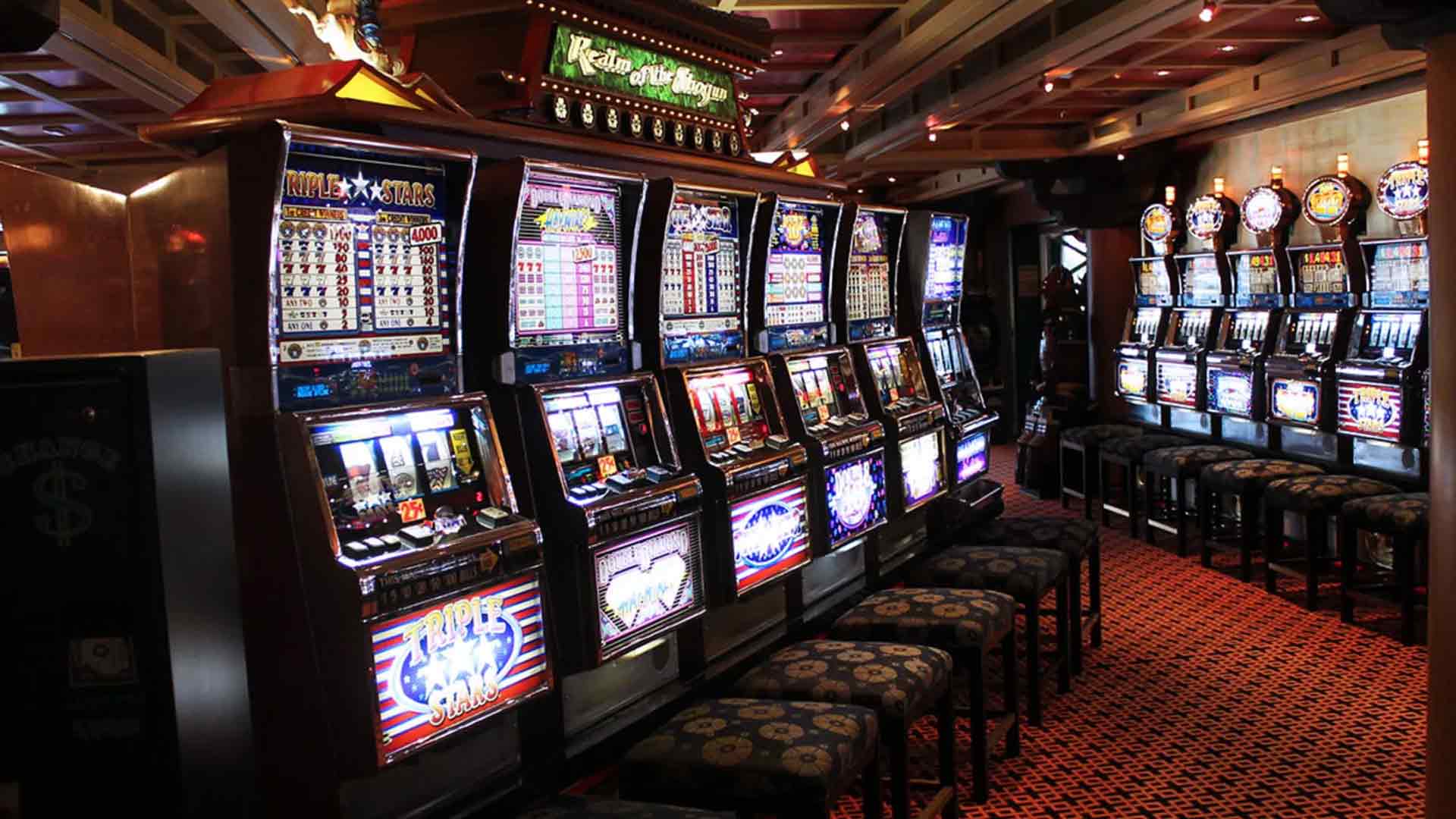Casinos and the Myth of Control

Casinos and the Myth of Control: Why We Think We Can Beat the Odds
The flashing lights, the clattering of chips, the excited shouts – casinos are designed to be alluring. They promise excitement, entertainment, and, most importantly, the potential for a big win. But beneath the surface of glitz and glamour lies a carefully constructed environment designed to manipulate our perceptions and exploit a fundamental human flaw: the illusion of control. This article explores the myth of control within the context of casinos, examining how cognitive biases, psychological manipulation, and the very design of the gambling experience contribute to the belief that we have more influence over the outcome than we actually do.
One of the most prevalent cognitive biases at play in casinos is the "illusion of control." This bias leads us to believe that we can influence random events, even when we have no actual control over them. This is particularly strong in situations where we are actively involved, such as rolling dice, spinning a roulette wheel, or choosing cards. The mere act of participation creates a sense of agency, even if the outcome is purely determined by chance. The design of many casino games capitalizes on this bias, offering players choices that seem meaningful but ultimately have little to no impact on the odds.
For example, in some slot machines, players are given the option to "hold" certain reels or choose different paylines. While these choices might seem to increase the chances of winning, the underlying algorithms are pre-programmed, and the outcome is largely predetermined. Similarly, in games like blackjack, players might believe that their decisions to hit or stand have a significant impact on the game's outcome. While strategic decision-making can marginally improve your odds, the house always has an edge. Feeling in control, therefore, becomes more important than actual control.
Casinos are masters of psychological manipulation. They employ a range of tactics to encourage gamblers to keep playing, even when they are losing. These tactics include:
- Loss Aversion: The pain of losing is often felt more intensely than the pleasure of winning. Casinos exploit this by offering small wins or "near misses" to keep players engaged. A near miss, where the player almost wins, triggers a similar reward response in the brain as an actual win, encouraging them to keep chasing that elusive victory.
- Variable Rewards: Casino games are designed to deliver rewards on a variable schedule. This means that wins are unpredictable, which makes them more addictive. The anticipation of a potential win keeps players hooked, even if they are losing money in the long run.
- The Gambler's Fallacy: This is the belief that if something happens frequently in a given period, it is less likely to happen in the future, or vice versa. For example, a gambler might believe that if a roulette wheel has landed on red several times in a row, it is more likely to land on black next. This is a fallacy because each spin is independent of the previous ones.
The environment of a casino is also carefully designed to enhance the illusion of control. Casinos are typically windowless and clockless, creating a sense of timelessness and disorientation. This makes it easier for players to lose track of time and money. The free drinks and complimentary services also contribute to a relaxed and uninhibited atmosphere, making players more likely to take risks. The constant stimulation from the lights and sounds further distracts players from rational thought, making them more susceptible to the casino's manipulative tactics.
Moreover, understanding the odds is crucial. While strategies can be employed in certain games like poker and blackjack, the fundamental element remains – a house edge. Casino games are inherently designed to favor the house in the long run. This means that, over time, the casino is guaranteed to make a profit, while individual players are more likely to lose. Acknowledging this fundamental truth can help to break the illusion of control. Before you head to the casino or even play online, maybe you should research what the odds are, like what your odds would be playing at m m88 slot.
Breaking free from the myth of control requires awareness and discipline. Recognize that casino games are designed to exploit cognitive biases and psychological vulnerabilities. Set limits for your spending and time, and stick to them. Avoid chasing losses, and remember that each spin, roll, or hand is independent of the previous ones. Educate yourself about the odds of different games, and understand that the house always has an edge. By understanding these principles, you can approach gambling with a more realistic perspective and avoid falling prey to the illusion of control that casinos so effectively cultivate.
In conclusion, the allure of casinos lies not just in the potential for winning, but also in the illusion of control they create. By understanding the psychological factors at play, individuals can make more informed decisions and resist the temptation to believe they can beat the odds. Gambling should be viewed as entertainment, not as a means of generating income, and it should always be approached with caution and a healthy dose of skepticism.